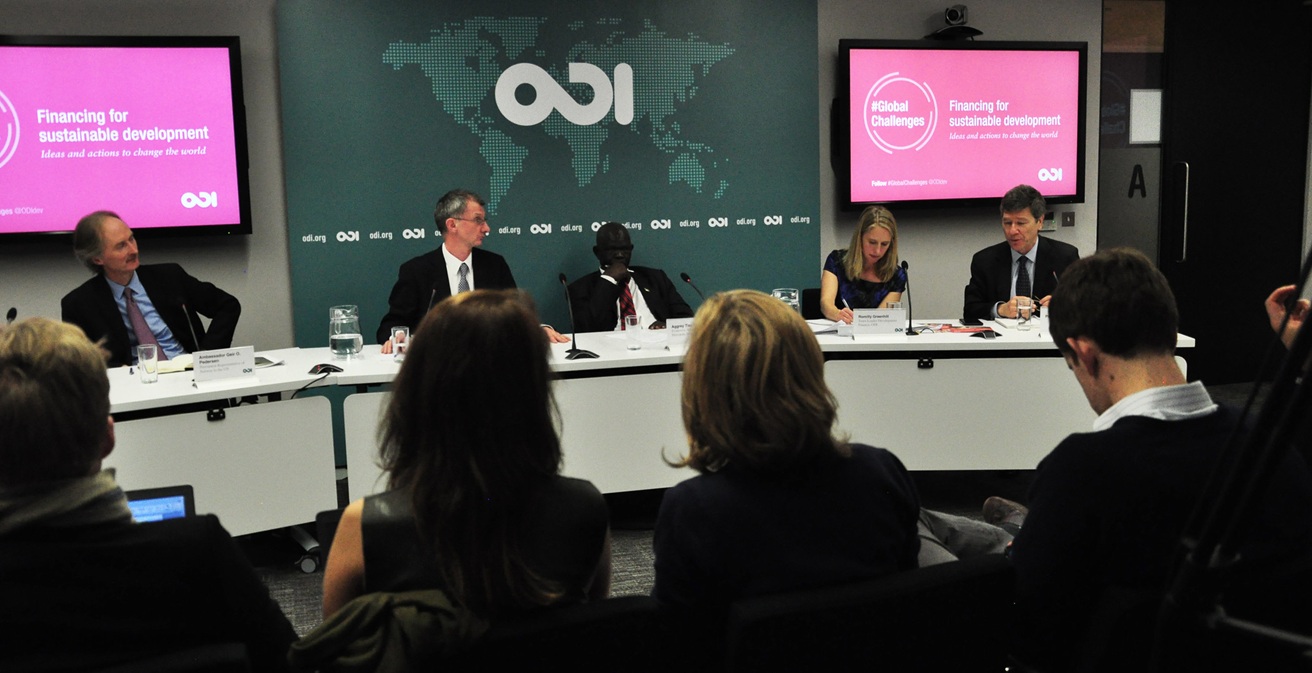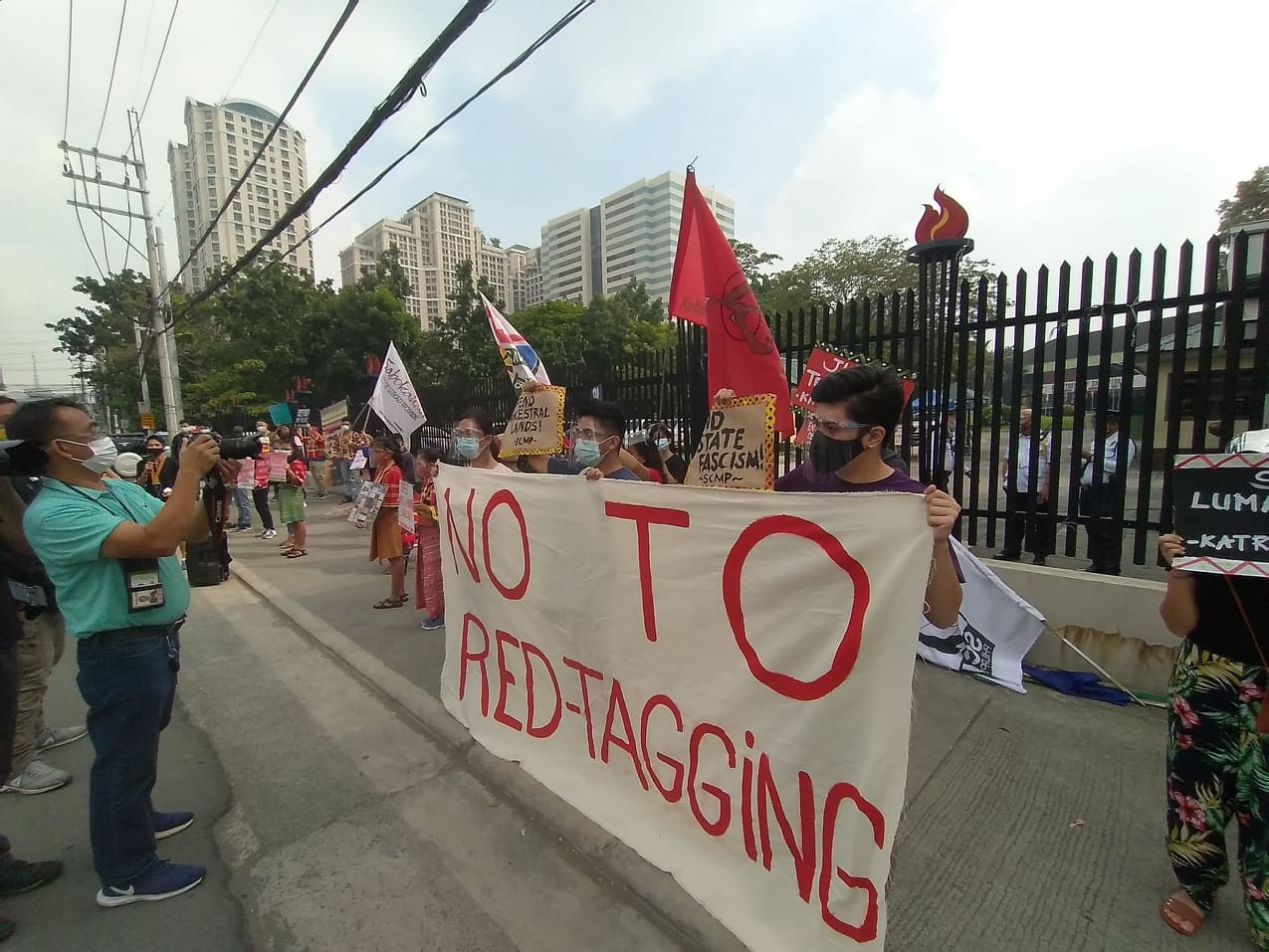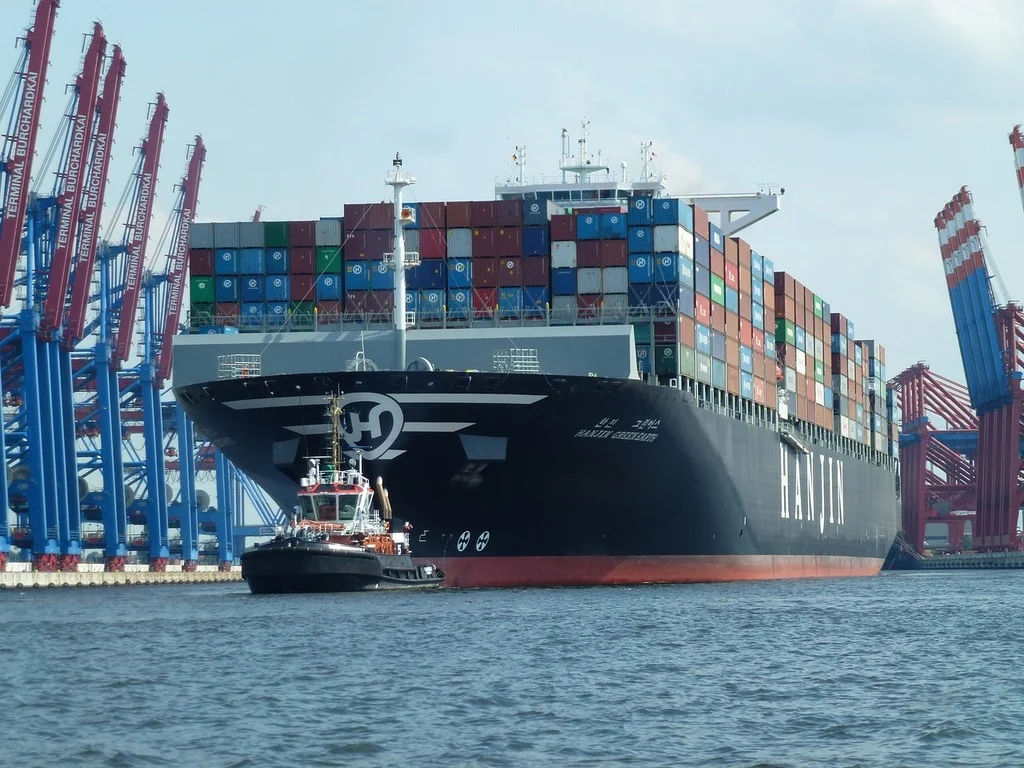The Fourth United Nations International Conference on Financing for Development (FfD4) in Seville started badly for civil society. Less than 48 hours before this once-in-a-decade conference kicked off it wasn’t clear how—if at all—civil society would be part of formal discussions.
More than 1000 civil society representatives met over the weekend preceding FfD4 for a Feminist Forum and Civil Society Forum to hash out shared priorities. With surge-prices skyrocketing the cost of Ubers as people braved the 40C+ heat to get to the hotel venue, there was palpable frustration that the International Business Forum appeared to have a more prominent role, being held alongside the official conference program at the official venue. For many civil society actors, this cut to the core of what the process was originally about.
A decade ago in Addis Ababa, a significant part of the Financing for Development conversation was about reining in global finance in order to preserve national sovereignty and align with public goals. Now, with donor governments slashing foreign aid—and funding for the UN—the focus of the UN and many Member States seems to have shifted toward attracting private capital—often on terms set by financial markets.
By contrast, the most pressing issues for reform identified in the civil society discussions included tackling the global debt crisis, taxation of multinationals, and halting increases in military spending to stop the erosion of public financing. Speakers highlighted the ways that today’s global financial architecture is not just upholding, but actively worsening, inequality between the Global North & South. Countries in Africa are losing twice as much to corporate tax avoidance as they receive in aid, and the cost of debt payments for Majority World countries has reached a record high, with nearly half the world’s population living in countries that spend more on debt payments than health or education. They sought reform or dismantling of the current international financial system, calling for systemic change through a “collective movement” of political struggle. As one speaker put it, “If you’re trying to improve the system, embellish the system, you’re on the wrong side of history. It’s not an incremental process that is one step in the right direction; we need fundamental change.”
What wasn’t clear was whether this agenda would have any space in the official program. Two days before the start of the UN Conference, civil society participants did not know if they would be allowed to attend any of the formal program or be relegated to the secondary building where side events were taking place. The next day, it was reported that all of global civil society had to share just two, 2-minute interventions at the five multistakeholder roundtables. There was serious talk of civil society collectively boycotting the program if given such a token role. Many were particularly incensed that the UN Secretary-General only sent a perfunctory video message to open the Civil Society Forum, compared to opening the International Business Forum in person.
On the first day of the UN Conference, some civil society representatives who had been asked to speak at the multistakeholder roundtables were denied entry by security, leading to heated scenes outside the venue. Many more participants reported harassment by security, who were confiscating any items containing political messaging, including fans and water bottles—essential items in the extreme heat.
The next day, with heads of state having departed, the situation improved somewhat and civil society participants were able to attend the multistakeholder roundtables and plenary sessions. And on the last day, the doors were thrown open. Civil society representatives were permitted—in a significant change of heart—to stage an approved “action,” where campaigners distributed pre-approved materials and held up signs and messages in support of financing justice, debt cancellation, and feminist development.
Meanwhile, a vibrant but somewhat siloed program of Side Events was taking place, often the only space where the priorities of civil society could take centre stage. In a discussion on increasing the funding going to women’s rights and feminist movements—currently just 0.15 percent of official development assistance—Spain and Colombia demonstrated how their feminist foreign policies are driving greater resourcing, and argued for greater “circular” cooperation between Global North and South to achieve gender equality. Multiple discussions on the care economy highlighted the growing recognition that GDP is an inadequate tool for measuring the gendered dimensions of paid and unpaid work.
In the closing plenary of the conference, a civil society representative presented a statement on the Civil Society Forum and Feminist Forum discussions with the same status as the International Business Forum report. The civil society statement blasted the inequitable design of the current financial architecture and global economy, seeing this not as a given but as a political choice. It expressed the view that governments should not have adopted the Compromiso de Sevilla, which aligns with the interests of those in the Global North who benefit from the status quo—an alignment resulting from intense negotiation on the part of the Global North. It called for legally binding framework conventions on tax, debt, and international development cooperation—reframed as reparations for historical injustices—to build a global financial architecture that works for people and planet.
It is to the credit of both the United Nations and the Spanish government that they responded to the situation and adjusted the FfD4 program, particularly at a time when lessened space for civil society is a reality in many parts of the world. In his closing remarks as host, the Spanish Prime Minister thanked civil society and spoke about the importance of inclusive dialogue in global financing: “It was Seville’s commitment to ensure an inclusive and participatory process to give a platform for all voices and also to ensure that civil society’s moral voice was heard.”
Still, this change only came about because of how persistent and tenacious civil society representatives were in fighting to make their voices heard. The energy that came from the civil society representatives suggests that they will play an important part in taking forward issues such as debt justice, climate finance, tax equity, and feminist economic transformation that they championed so vocally at FfD4. As one put it, “I feel energised, I feel ready again to fight.” It was a lesson in the civil society virtues of courage, resistance, perseverance, and a commitment to change.
Melissa Conley Tyler is Executive Director, Asia-Pacific Development, Diplomacy & Defence Dialogue (AP4D).
Alice Ridge is the Senior Research, Policy & Advocacy Advisor at the International Women’s Development Agency. She leads IWDA’s advocacy on feminist foreign policy, funding for women’s rights organisations and international development policy and is a founding member of the Australian Feminist Foreign Policy Coalition. Prior to IWDA, Alice worked for five years with the Australian Council for International Development. She holds a Bachelor of Arts from the University of Melbourne and a Graduate Certificate in Gender Mainstreaming and Analysis from Flinders University.





